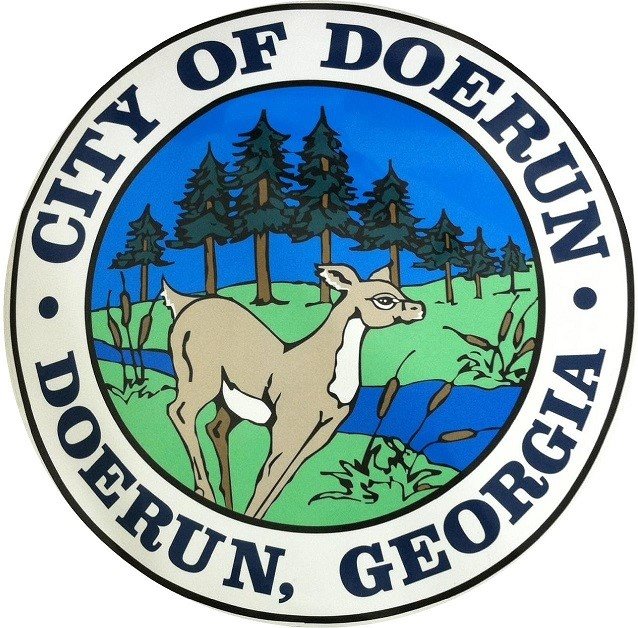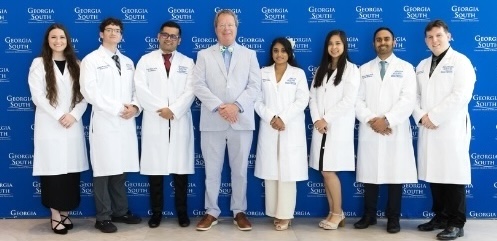Bucknell University graduate conducted historic pig heart transplant
Published 8:28 am Saturday, January 15, 2022
The doctor who led the first transplant of a pig heart into a human patient last week is a graduate of Bucknell University who advised the Lewisburg, Pa., university when it started its biomedical engineering program.
Dr. Bartley Griffith, a 1970 graduate, performed the seven-hour surgery on Friday at the University of Maryland Medical Center in Baltimore.
The patient, David Bennett, a 57-year-old Maryland handyman, knew there was no guarantee the experiment would work but he was dying, ineligible for a human heart transplant and had no other option, his son told The Associated Press. Griffith told The Associated Press the patient’s condition — heart failure and an irregular heartbeat — made him ineligible for a human heart transplant or a heart pump.
“This was a breakthrough surgery and brings us one step closer to solving the organ shortage crisis. There are simply not enough donor human hearts available to meet the long list of potential recipients,” Griffith said in a release from the hospital. “We are proceeding cautiously, but we are also optimistic that this first-in-the-world surgery will provide an important new option for patients in the future.”
Griffith has deep ties to Bucknell. In addition to his graduation, a university spokesman said Tuesday, Griffith is the parent of a BU graduate along with two other relatives who went to Bucknell. Griffith is a former member of the university’s board of trustees.
As a student, he was a biology major, played men’s lacrosse and was in the ski club.
He was also instrumental in launching the biomedical engineering program at Bucknell in the late 1990s and early 2000s.
Pig hearts
Griffith said he had previously transplanted pig hearts into about 50 baboons over five years, before offering the option to Bennett.
“We’re learning a lot every day with this gentleman,” Griffith said. “And so far, we’re happy with our decision to move forward. And he is as well: Big smile on his face today.”
On Monday, Bennett was breathing on his own while still connected to a heart-lung machine to help his new heart. The next few weeks will be critical as Bennett recovers from the surgery and doctors carefully monitor how his heart is faring.
“It was either die or do this transplant. I want to live. I know it’s a shot in the dark, but it’s my last choice,” Bennett said a day before the surgery, according to a statement provided by the University of Maryland School of Medicine.
There’s a huge shortage of human organs donated for transplant, driving scientists to try to figure out how to use animal organs instead. Last year, there were just over 3,800 heart transplants in the U.S., a record number, according to the United Network for Organ Sharing, which oversees the nation’s transplant system.
“If this works, there will be an endless supply of these organs for patients who are suffering,” said Dr. Muhammad Mohiuddin, scientific director of the Maryland university’s animal-to-human transplant program.
Pig heart valves also have been used successfully for decades in humans, and Bennett’s son said his father had received one about a decade ago.
As for the heart transplant, “He realizes the magnitude of what was done and he really realizes the importance of it,” David Bennett Jr. said. “He could not live, or he could last a day, or he could last a couple of days. I mean, we’re in the unknown at this point.”
The Associated Press contributed to this story.





